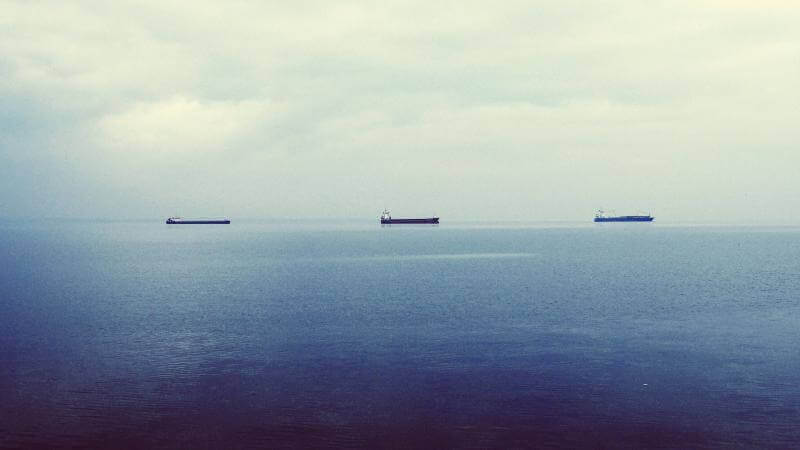- 0413 917 722
- contact@zeroexposure.com.au
- Mon - Fri: 9:00 - 17:00



Why is oil such as concern to the environment?
In order to help the environment, something we all can do is ensure that waste oil is disposed of correctly or recycled.
Did you know that oil doesn’t wear out, it just gets dirty.
How can you recycle used oil?
If you only produce a small amount of used oil from vehicles or farm machinery, you can take it to a used oil collection facility run by your local council. The facility will usually be located at a landfill, waste transfer station or works depot.
Appropriate disposal
Used motor oil is a valuable resource. If it is disposed of at a used oil collection facility, it can be recovered and re-used, without posing a threat to humans or the environment.
No other substances should ever be allowed to mix with used oil. Contamination by water or other chemicals may mean the used oil can’t be recycled.
Inappropriate disposal
Unfortunately, not all used motor oil is disposed of appropriately in Australia. Used motor oil ends up in landfill when put into containers in household garbage bins. Inappropriate uses include pouring onto weeds, spraying on roads as a dust suppressant, cleaning tools and protecting timber posts and fences from termites. These practices are harmful because the used oil can then enter the soil and leach through to contaminate ground water.
Storing containers of used oil in sheds on farms and in garages creates a fire hazard. It is also dangerous to store used oil in containers for long periods of time. Many materials can degrade when in contact with used oil, increasing the risk of a spill.
What happens to your recycled used oil?
Used oil, or ‘sump oil’ as it is sometimes called, should not be thrown away. Although it gets dirty, used oil can be cleaned of contaminants so it can be recycled again and again. There are many uses for recycled used oil.
These include:
Once you have taken your used oil to your local collection facility, used oil collectors take the used oil and undertake some pre-treatment and recycling of the used oil or sell it to a specialised used oil recycler.
Disposing of used oil the wrong way has the potential to pollute land, water and infrastructure, so we need to recover and recycle as much of it as possible. Consider that it takes only ONE LITRE OF OIL TO CONTAMINATE ONE MILLION LITRES OF WATER and a single automotive oil change produces 4 to 5 litres